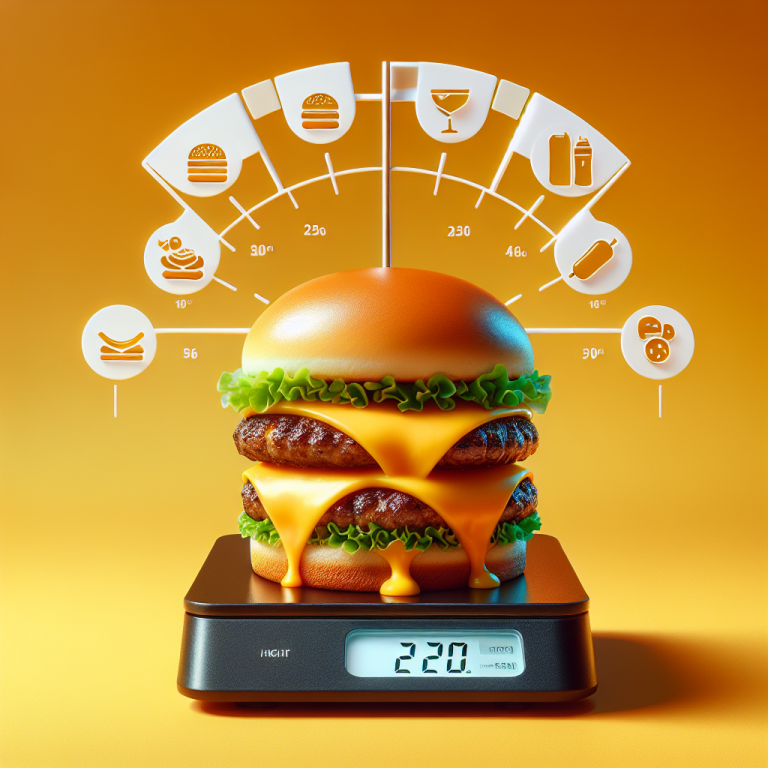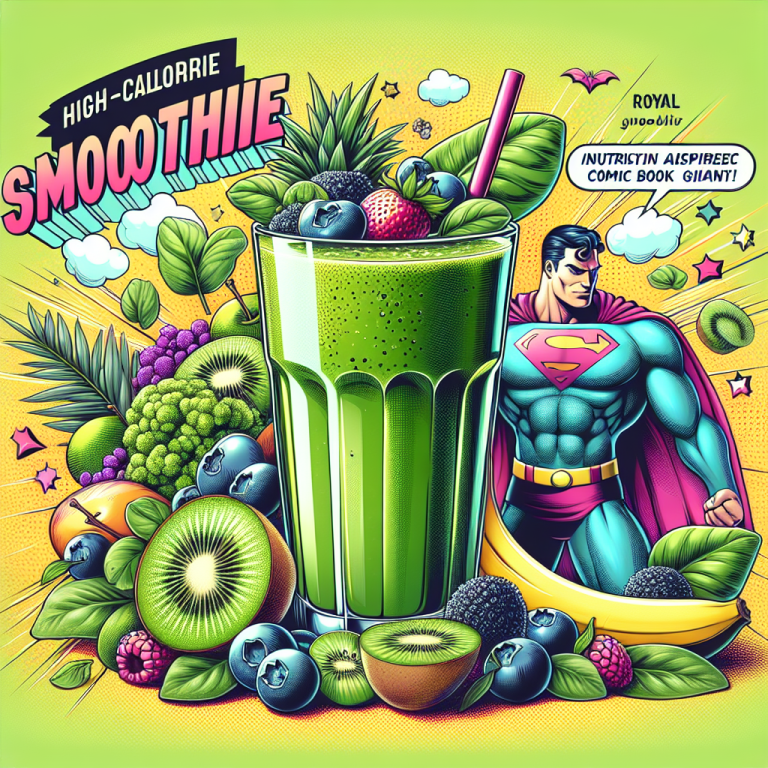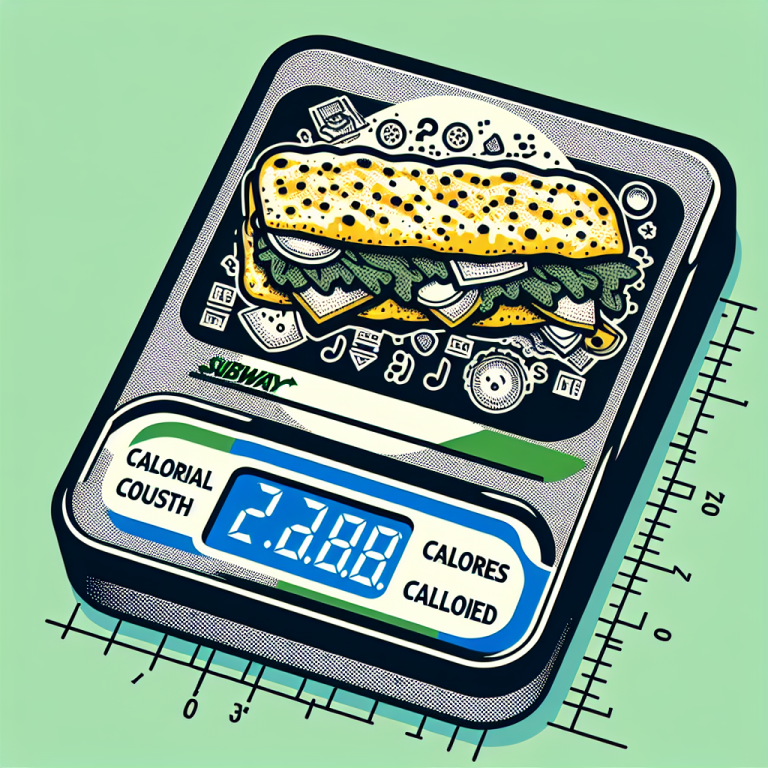McDonaldʼs Calories Of Mcdonaldʼs Burger
McDonald’s iconic burgers are a staple in fast food culture, loved for their taste and convenience. But how do they stack up nutritionally? With a variety of options, from the classic Big Mac to the humble Cheeseburger, each one carries its own calorie count and nutritional profile. Understanding the caloric content and nutrient distribution helps…
McDonald’s iconic burgers are a staple in fast food culture, loved for their taste and convenience. But how do they stack up nutritionally? With a variety of options, from the classic Big Mac to the humble Cheeseburger, each one carries its own calorie count and nutritional profile. Understanding the caloric content and nutrient distribution helps in making informed choices. Whether you’re counting calories or just curious about what you’re consuming, knowing the facts can guide your dietary decisions. Let’s explore the calories, nutritional benefits, and more of McDonald’s burgers.
Nutrition Facts
Serving Size 1 McDonald’s Cheeseburger (115g)
Amount Per Serving
Calories
300
| Total Fat | 12.00 g | 18% |
| Saturated Fat | 5.0 g | 25% |
| Trans Fat | 0.5 g | 0% |
| Cholesterol | 40 mg | 13% |
| Sodium | 680 mg | 29% |
| Total Carbohydrate | 33 g | 11% |
| Dietary Fiber | 2 g | 8% |
| Total Sugars | 7 g | 0% |
| Protein | 15 g | 30% |
| Vitamin D | – | 0% |
| Calcium | – | 10% |
| Iron | – | 15% |
| Potassium | – | 0% |
* The % Daily Value (DV) tells you how much a nutrient in a serving of food contributes to a daily diet. 2,000 calories a day is used for general nutrition advice.
Nutrient Distribution
Calorie Burn Time
How long would it take to burn off total calories from 100g of McDonald’s Cheeseburger?
FAQs
Final Words
McDonald’s burgers, while a delicious treat, should be consumed in moderation within a balanced diet. They provide protein and essential nutrients but are also high in fat and sodium. Balancing your meal choices and incorporating these burgers occasionally can fit into a healthy lifestyle.





